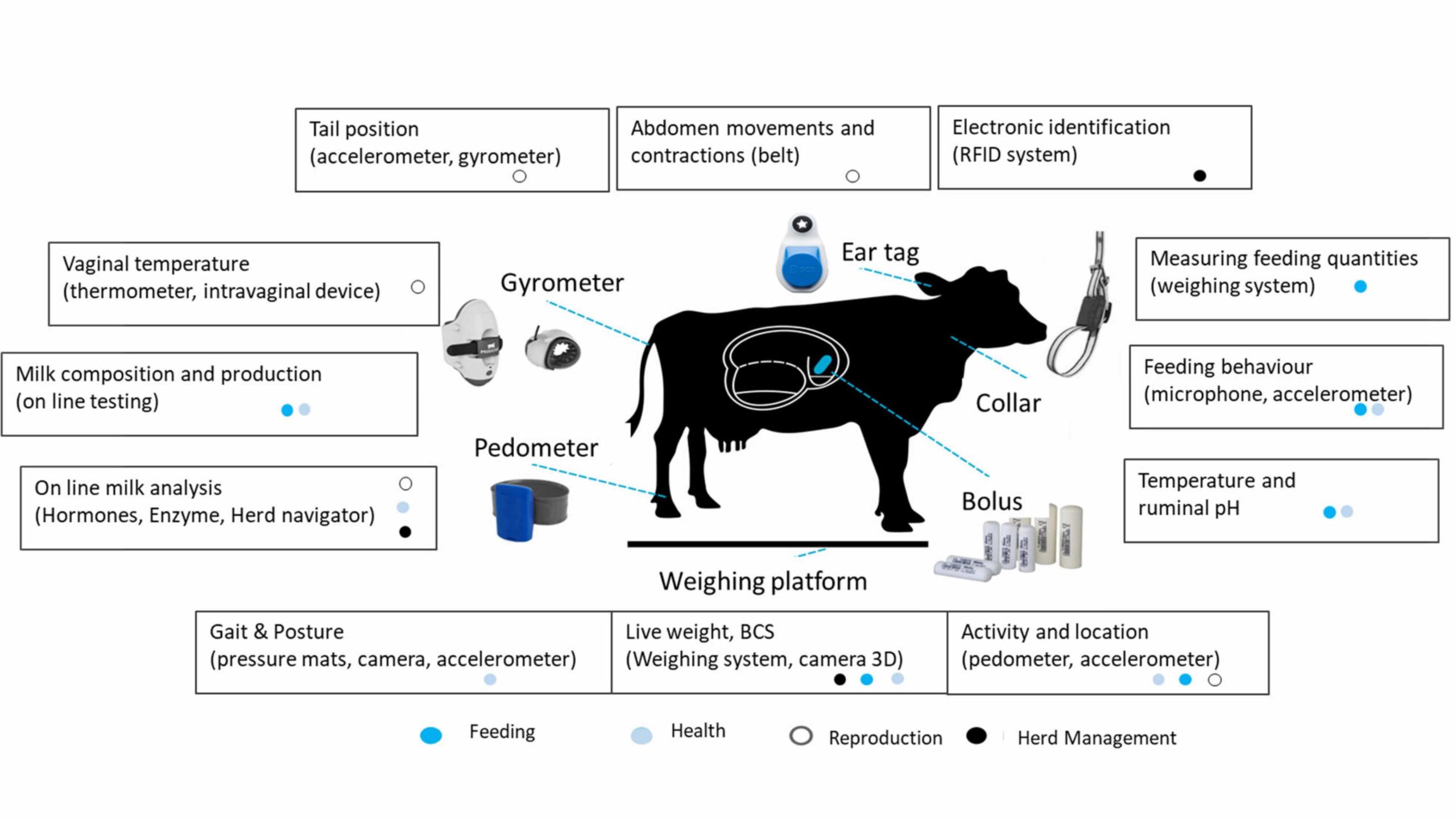Shuyang, a once poverty-stricken county in China’s northern Jiangsu Province, has a history of horticulture spanning more than 400 years. Starting in the 1980s, growing and selling plants became popular among villagers there. However, because of information restrictions, along with poor roads and limited transportation options, they couldn’t reach customers in urban markets—until the internet came into their lives. Villagers began trying to advertise on online forums, then a few started selling horticultural products online; today, more than 40,000 online vendors are actively selling a wide variety of plant products. Shuyang has built a complete horticultural industry chain, making the horticultural economy a driving force to get rid of poverty.
Alibaba’s Taobao is the main platform for Chinese farmers to engage in e-commerce, and clusters of rural online entrepreneurs are referred to as “Taobao Villages.” Shuyang, where 86 of China’s 4,310 Taobao Villages are located, has undergone a dramatic transformation from one of the poorest counties in Jangsu to a well off landmark for agricultural e-commerce in China. In 2018, the county’s GDP surpassed 80 billion yuan (more than $11 billion) and its horticultural industry had moved 41,000 people out of poverty. Its horticulture products are sold to consumers across China and worldwide through online platforms. From January to June 2019, more than 149 million packages were delivered from Shuyang to the rest of the world—9.53 per second.
On Sept. 5, this “Shuyang story” was showcased in a video at the session “E-commerce – Models to Scale Up,” during the African Green Revolution Forum (AGRF) 2019 in Accra, Ghana. The session was hosted by Kevin Chen, the head of IFPRI’s East and Central Asia Office, to spark discussion on ways that China’s e-commerce success can be a model for rural revitalization in Africa.
Spurred by China’s Ministry of Commerce and online e-commerce giants like Alibaba, the country has developed rural e-commerce rapidly: From 2015 to 2018, online retail sales in rural areas exploded from 182 billion yuan ($26 billion) to 1,370 billion yuan ($200 billion), according to ministry data.
The rise of e-commerce has boosted the income of many rural households and helped them diversify income and protect against economic shocks. E-commerce also stimulates employment and is bringing young migrant workers back to their home villages to start businesses. According to the E-commerce Development Index Report, the number of e-commerce employees in China in 2018 reached 47 million, up by 10.6 percent year-on-year.
E-commerce also plays a role in women’s empowerment. Low barriers of entry to e-commerce have helped bring more women into the industry, and many benefit from the independent source of income, and the flexibility of working from home and setting their own hours. In China, there’s a 1:1 ratio of men to women entrepreneurs in e-commerce, compared to a ratio of 1:3 in traditional businesses.
According to Aliresearch, online sales on Alibaba platform from poverty-stricken counties in China has exceeded 63 billion yuan ($9 billion) in 2018, and the number of Taobao villages sharply increased from 212 in 2014 to over 4,000 in 2019. Thousands of villages in China are on a path to achieve significant economic growth in a short time frame like Shuyang. Can this e-commerce model do the same for rural Africa?
The AGRF 2019 focused a great deal of attention on digital solutions for agricultural development, with the theme Grow Digital: Leveraging digital transformation to drive sustainable food systems in Africa .
Adapting China’s model to Africa is not a straightforward task. The success of e-commerce—and its promise for rural development—depends on many factors: Identifying the most promising local agricultural products; villagers’ initiative to start businesses on their own; development of communications and ICT infrastructure in rural villages, transportation infrastructure, a reliable e-commerce platform with stable services and offering equal opportunities for villagers to participate in entrepreneurship; and support from different levels of government.
“Internet + Agriculture” development, a strategy included in the “Internet + Initiative” proposed by the Chinese state council, is not just about trading agricultural commodities with the help of digital technology. Smartly connecting people and the internet also matters. That will require African countries to invest more in the development of human capital, entrepreneurship and management, as well as good governance at all levels.
E-commerce offers a huge opportunity to Africa. According to United Nations Conference on Trade and Development (UNCTAD) report in 2018, the number of online shoppers in Africa has surged by 18% annually since 2014, higher than the global average growth rate of 12%. In 2017, at least 21 million people shopped online in Africa, suggesting good prospects for the potential e-commerce market. Although challenges remain, considering differences in natural environment, governance, and technological level between China and Africa, e-commerce shows tremendous promise for helping rural Africans out of poverty.
Donghe Li is a Communications Assistant with IFPRI’s East and Central Asia Office in Beijing.







